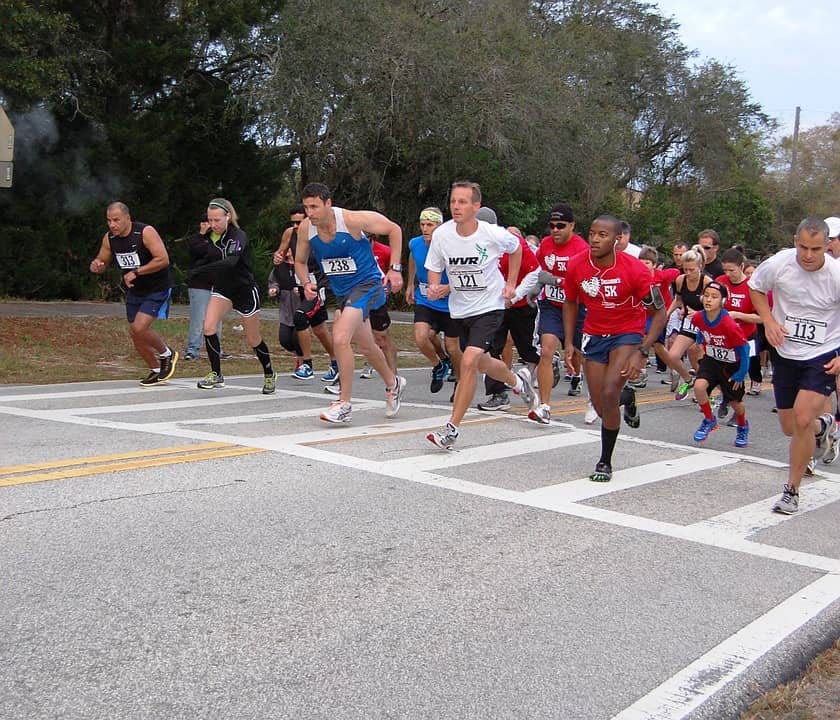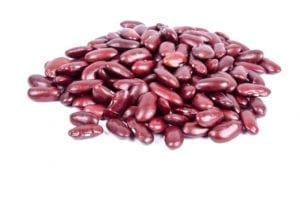According to a story from stltoday.com, the Saint Louis Walk for PKD (polycystic kidney disease) took place on Sunday, October 13th, 2019. This event was just one of many that were held around the country to help raise awareness for this illness. The walk includes patients and their families as well as members of the medical community. The Walk for PKD has become an annual event that is held in over 50 cities.
About Autosomal Dominant Polycystic Kidney Disease
Autosomal dominant polycystic kidney disease (ADPKD) is the most widespread monogenic human disorder that can be potentially fatal. However, it is still generally rare. It is characterized by the development of cysts in the kidneys and sometimes other organs as well. ADPKD is caused by mutations affecting the PKD1 gene in 85 percent of cases; in the remainder, the mutation affects the PKD2 gene. The presentation of the disease varies considerably, even within families. Signs of kidney problems often do not appear until middle age, although cysts may begin formation very early in life. Symptoms include anemia, bloody urine, acute loin pain, uremia, liver cysts, berry aneurysm, and high blood pressure. Treatment options are varied; aquaretics can slow disease progression temporarily. Other options include a number of surgical procedures, dialysis, and, when the kidneys begin to fail, kidney transplant. To learn more about ADPKD, click here.
A Local Community
ADPKD is by far the most common form of the disease; funds from this event has made great contributions towards research. St. Louis has many residents that are affected by the disease.
Take the story of Glen Kemper, a local ADPKD patient who had to get a kidney transplant once his started to fail because of the disease. As he spread awareness about his predicament, a potential donor was discovered. Following a successful surgery, Glen learned that the donor was one of his childhood friends.
Another resident patient, Michael Quinn, has started taking a diuretic drug that was recently found in clinical trials to control disease symptoms and slow the progression of the ADPKD. This trial was funded by cash raised through the Walk for PKD event.
Walk for PKD is organized by the PKD Foundation. To learn more about this organization, click here.








